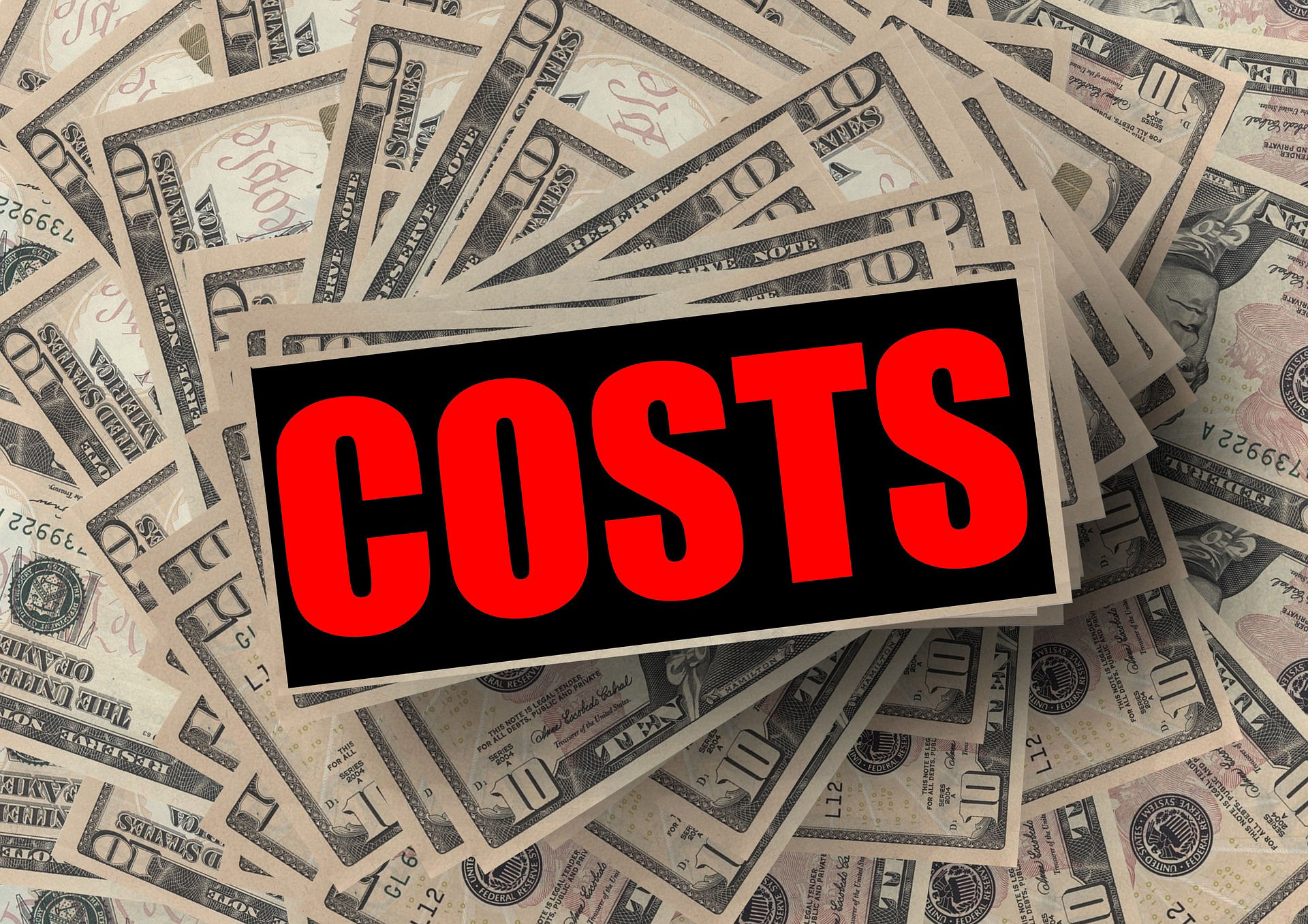
Taking out a loan is a common solution for many people facing immediate financial needs. Whether it's for a home, a car, or unexpected expenses, loans provide relief. However, over time, the cost of these loans can pile up. Ever wondered how you can keep that cost down? Let's dive in!
Applying does NOT affect your credit score!
Key Takeaways
Understanding Your Loan Components: Grasping the basics, such as principal amount, interest rate, and loan tenure, is the foundation for effective loan management.
Strategize for Savings: Adopt methods like opting for a shorter loan tenure, making prepayments, refinancing, and comparing loan offers to reduce overall costs.
Maintain a High Credit Score: Your credit score plays a pivotal role in securing favorable loan terms, making it essential to uphold good financial practices.
Stay Informed and Consider Guidance: Always be aware of any hidden fees or penalties, and don't hesitate to seek loan counseling if you need a clearer financial direction.

Before reducing costs, it's pivotal to comprehend your loan's core components.
This is the initial amount you borrowed. It's vital because the interest you pay is calculated based on it. The higher the principal, the more you pay in interest.
Think of this as the cost of borrowing money. It's a percentage of the principal amount, added annually. A lower interest rate can save you a significant amount in the long run. Ever heard the saying, "Every little bit helps"? It couldn't be more accurate here.
This is the duration over which you repay your loan. A longer tenure means smaller monthly payments, but it often results in more interest paid over time. It's a balancing act!
Applying does NOT affect your credit score!

With understanding out of the way, let's discuss the meat and potatoes of our topic: reducing that loan cost.
While monthly payments might be higher with a shorter tenure, the total interest paid will be less. It's like ripping off a band-aid: painful initially, but beneficial in the end.
If you come across extra money, consider making prepayments on your loan. This reduces the principal amount, leading to lower interest. Remember our analogy with the band-aid?
With a better credit score or market conditions, you can get a loan with a lower interest rate. It's like trading in an old car for a newer model. Sounds enticing, right?
Don't settle for the first offer you receive. Shop around. In the world of loans, think of this as trying on different pairs of shoes. One might just fit perfectly!
A better credit score often translates to better loan offers. It's like a report card for adults. The better your score, the more trust lenders have in you.
Applying does NOT affect your credit score!

We've covered the basics, but here are some more nuggets of wisdom.
Always read the fine print. Some loans have penalties for prepayments or late payments. Being in the know can save you unexpected costs.
While variable rates might be lower initially, they can rise. Fixed rates offer predictability. Do you prefer a wild roller coaster or a serene boat ride?
If you're overwhelmed, consider loan counseling. They can offer tailored advice. Think of them as personal trainers for your finances.
Reducing your total loan cost isn't just about saving money. It's about financial freedom and peace of mind. With the strategies discussed, you're well on your way to a more manageable financial future. After all, who doesn't like more money in their pocket?
How significant is the impact of my credit score on loan rates?
Your credit score plays a vital role. A higher score can get you lower interest rates, leading to savings in the long term.
Are there any hidden fees I should be aware of?
Always read your loan agreement carefully. Some lenders might have processing fees, late payment penalties, or other charges.
What's the main advantage of prepaying my loan?
Prepaying reduces the principal amount, which in turn reduces the interest you pay over the loan's tenure.
How often can I refinance my loan?
There isn't a set limit, but remember, refinancing often comes with its own costs. It's essential to weigh the benefits.
Is loan counseling worth it?
If you're feeling lost or overwhelmed, counseling can offer clarity and tailored strategies to manage your loan better.